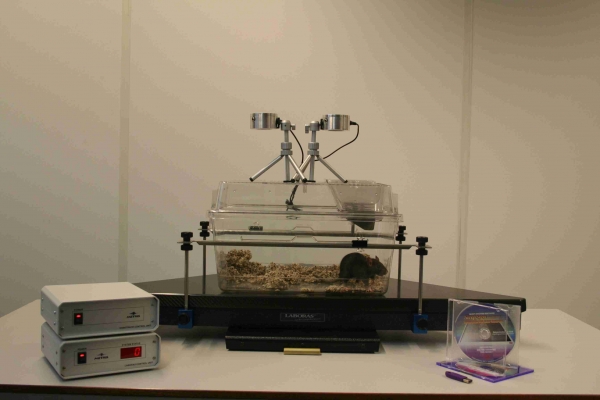

 Safety pharmacology studies are vital in the development of new medicines. The safety pharmacology studies are defined as those studies which investigate the potential undesirable pharmacodynamic effects of a substance on the functions in relation to the exposure in the therapeutic range and above. The safety pharmacology studies have to be designed for defining the dose-response relationship of the adverse effect observed. The time course (e.g., onset and duration of response) of the adverse effect has to be investigated. Generally, the doses eliciting the adverse effect have to be compared to the doses eliciting the primary pharmacodynamic effect in the test species or the proposed therapeutic effect in the humans.
Safety pharmacology studies are vital in the development of new medicines. The safety pharmacology studies are defined as those studies which investigate the potential undesirable pharmacodynamic effects of a substance on the functions in relation to the exposure in the therapeutic range and above. The safety pharmacology studies have to be designed for defining the dose-response relationship of the adverse effect observed. The time course (e.g., onset and duration of response) of the adverse effect has to be investigated. Generally, the doses eliciting the adverse effect have to be compared to the doses eliciting the primary pharmacodynamic effect in the test species or the proposed therapeutic effect in the humans.
Safety Pharmacology studies can use several test methods, such as animal models, as well as ex vivo and in vitro preparations. Animal models that are thought to be similar to the human disease may provide further insight in the pharmacological action, the pharmacokinetics and dosing in patients.
In conducting in vivo studies, it is preferable to use unanesthized animals. Data from unrestrained animals that are chronically instrumented for telemetry, data gathered using other suitable instrumentation methods for conscious animals, or data from animals conditioned to the laboratory environment are preferable to data from restrained or unconditioned animals. In the use of unanesthetized animals, the avoidance of discomfort or pain is a foremost consideration.
 Our products LABORAS, SONOTRACK, Sleepsign and SmartChamber and the integration options with third-party products such as the Datasciences telemetry system are fitting very well with the safety pharmacology core battery requirements and make it possible to measure the effects of a test substance on vital functions, such as the cardiovascular and central nervous system. Both LABORAS and SONOTRACK are designed for non-invasive research by using unrestrainted, freely moving animals and no requirements for special handling of the animals. Our products and the integration options enable you also to gather as much as possible data from a experiment, preventing unnnecessary use of laboratory animals.
Our products LABORAS, SONOTRACK, Sleepsign and SmartChamber and the integration options with third-party products such as the Datasciences telemetry system are fitting very well with the safety pharmacology core battery requirements and make it possible to measure the effects of a test substance on vital functions, such as the cardiovascular and central nervous system. Both LABORAS and SONOTRACK are designed for non-invasive research by using unrestrainted, freely moving animals and no requirements for special handling of the animals. Our products and the integration options enable you also to gather as much as possible data from a experiment, preventing unnnecessary use of laboratory animals.
For more information on safety pharmacology studies and specific requirements refer to the following document: ![]() S7a Safety Pharmacology guidelines
S7a Safety Pharmacology guidelines